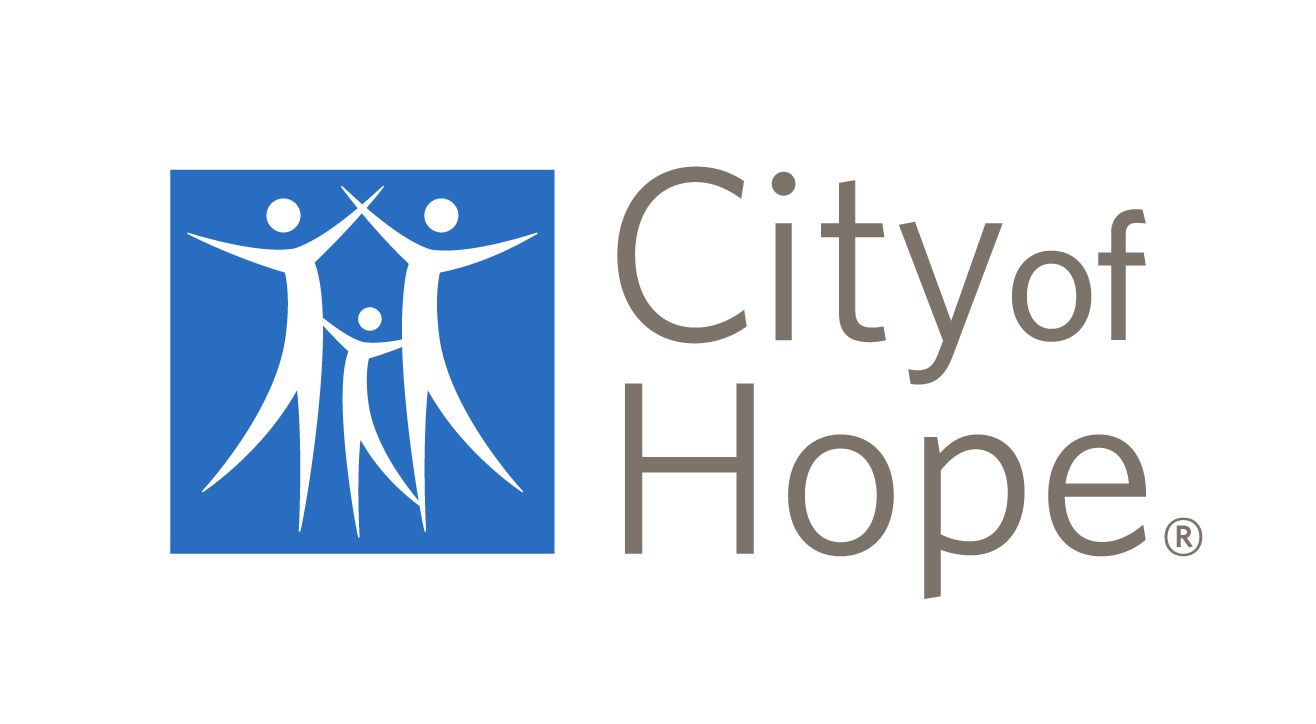- Advertise
- About OncLive
- Editorial Board
- MJH Life Sciences brands
- Contact Us
- Privacy
- Terms & Conditions
- Do Not Sell My Information
2 Clarke Drive
Suite 100
Cranbury, NJ 08512
© 2024 MJH Life Sciences™ and OncLive - Clinical Oncology News, Cancer Expert Insights. All rights reserved.
Survival Period for Esophageal Cancer is Tied to Race and Income
The study calls for changes to reduce health disparities.
Loretta Erhunmwunsee, MD
African-American patients with esophageal cancer survive fewer months after diagnosis than white patients, but only if they also have low incomes, according to a new study whose lead author is a City of Hope doctor.
The researchers analyzed data from the National Cancer Data Base to assess what impact the combination of race and low socio-economic status has on cancer survival. They focused on esophageal cancer because it historically has had higher death rates among blacks, and has a high overall mortality.
The findings were presented during the Jan. 26 press program at the annual meeting of the Society of Thoracic Surgeons in Phoenix. Researchers studied outcomes of 6,147 esophageal cancer patients who underwent surgery. Of those, 293 patients, or 5 percent, were black.
“One of the findings of the research is that black patients were much less likely than white patients to undergo surgery,” said Loretta Erhunmwunsee, MD, assistant professor in City of Hope’s Division of Thoracic Surgery who led the study while at Duke Health. “Surgery is part of the combination treatment that is considered optimal.
“The finding that African-American patients have higher death rates after esophagectomy isn’t new,” she added. “But our study adds to this finding, showing that black patients are most vulnerable when they are poor and that they may actually be protected when they have higher socio-economic status. This finding suggests that targeting socio-economic differences may help combat racial health disparities.”
Before adjusting for income, black patients had worse overall survival than white patients, living a median 33 months after diagnosis compared to 46 months for whites. Once income was factored in, there was no significant difference in overall survival between white and black patients in the two highest income brackets. Median survival in the higher income groups was 52 months for blacks and 61 months for whites.
But significant difference in survival emerged between white and black patients in the two lowest income groups. Median survival for low-income African-Americans was 26 months vs. 40 months for low-income whites.
Senior author Matthew G. Hartwig, M.D., assistant professor of surgery, said the research team now plans to study what the disparities are that lead to differences in survival.
“Our study suggests that disparities in survival after being diagnosed with esophageal cancer is less likely due to underlying genetic or medical reasons, and more likely due to disparities in health care,” Hartwig said. “Based on our findings, we are now able to focus resources on studying lower socio-economic status among black patients as a way to alleviate health disparities.”
In addition to Erhunmwunsee and Hartwig, study authors include Brian C. Gulack, Cristel Rushing, Donna Niedzwiecki and Mark F. Berry.
For a copy of the abstract, “Race is Associated With Reduced Overall Survival Following Esophagectomy for Esophageal Cancer Only Among Patients From Lower Socioeconomic Backgrounds,”* contact Letisia Marquez at (626) 218-3398 or lemarquez@coh.org.
For more information, visit www.cityofhope.org or follow City of Hope on Facebook, Twitter, YouTube or Instagram.
About City of Hope
City of Hope is an independent research and treatment center for cancer, diabetes and other life-threatening diseases. Designated as a comprehensive cancer center, the highest recognition bestowed by the National Cancer Institute, City of Hope is also a founding member of the National Comprehensive Cancer Network, with research and treatment protocols that advance care throughout the nation. City of Hope’s main hospital is located in Duarte, California, just northeast of Los Angeles, with clinics in southern California. It is ranked as one of "America's Best Hospitals" in cancer by U.S. News & World Report. Founded in 1913, City of Hope is a pioneer in the fields of bone marrow transplantation and genetics.


